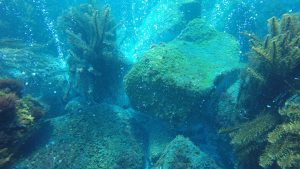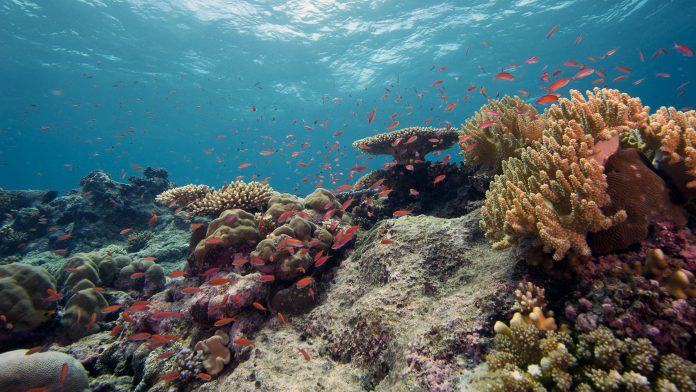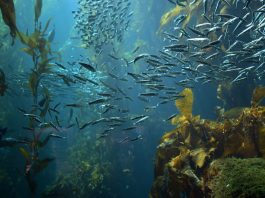University of Adelaide researchers have discovered that changes in marine ecosystems are going undetected due to inefficient existing tools.
Current ways of determining biodiversity dynamics are ineffective in identifying wholesale species community change due to the effects of ocean acidification. As climate change continues to affect important marine ecosystems around the world, it is vital that these changes are monitored. Researchers from the University of Adelaide have shown that there may be reorganisation of ecological communities in our oceans in cases where biodiversity metrics show no or little change.
The study was published in Global Change Biology.
Implementing innovative ways to study biodiversity
The team analysed different research on how species in marine ecosystems located around undersea volcanic CO2 vents and in laboratory mesocosms respond to climate change. As part of this, 58 research studies that examined communities in different types of temperate reefs, coral reefs, and seagrass beds, and 23 studies conducted in outdoor experimental environments or laboratories, were reviewed by the researchers.
Professor Sean Connell, of the University of Adelaide and Environment Institute and Southern Seas Ecology Laboratories, co-authored the study.
Connell emphasised the importance of changing the current ways of assessing biodiversity dynamics, stating: “Experiments done in the laboratory are weak in detecting biodiversity change, so natural systems experiencing advanced ocean acidification are emerging as an innovative way of studying biodiversity responses.
“No ecological study, whether in the laboratory or field, can fully replicate the complex ecological interactions that exist in nature across the time and spatial scales of relevance to climate change.”

Professor Ivan Nagelkerken, also from the University of Adelaide’s Environment Institute and Southern Seas Ecology Laboratories, added: “Commonly used biodiversity measures don’t pick up reorganisation of marine communities due to ocean acidification because new species replace species that are lost.
“Little or no biodiversity change is detected when one community of marine species is replaced by another, even under significant habitat loss.”
How is climate change affecting marine ecosystems?
Marine ecosystems are directly impacted by climate change caused by human activity. Climate change alters marine species, affecting their diversity, distribution, feeding patterns, development and breeding, and relations between species.
“The belief that climate change will alter global marine biodiversity is one of the most widely accepted,” said Nagelkerken.
Many of the world’s most significant ecosystems, such as coral reefs and kelp forests, are facing lasting damage due to rising sea temperatures.
“Future projections of ecosystem change and stability will be more meaningful if they focus on detections of species replacements and changes to the abundance of species, rather than testing for signs of habitat loss or biodiversity loss per se,” said Professor Nagelkerken.









